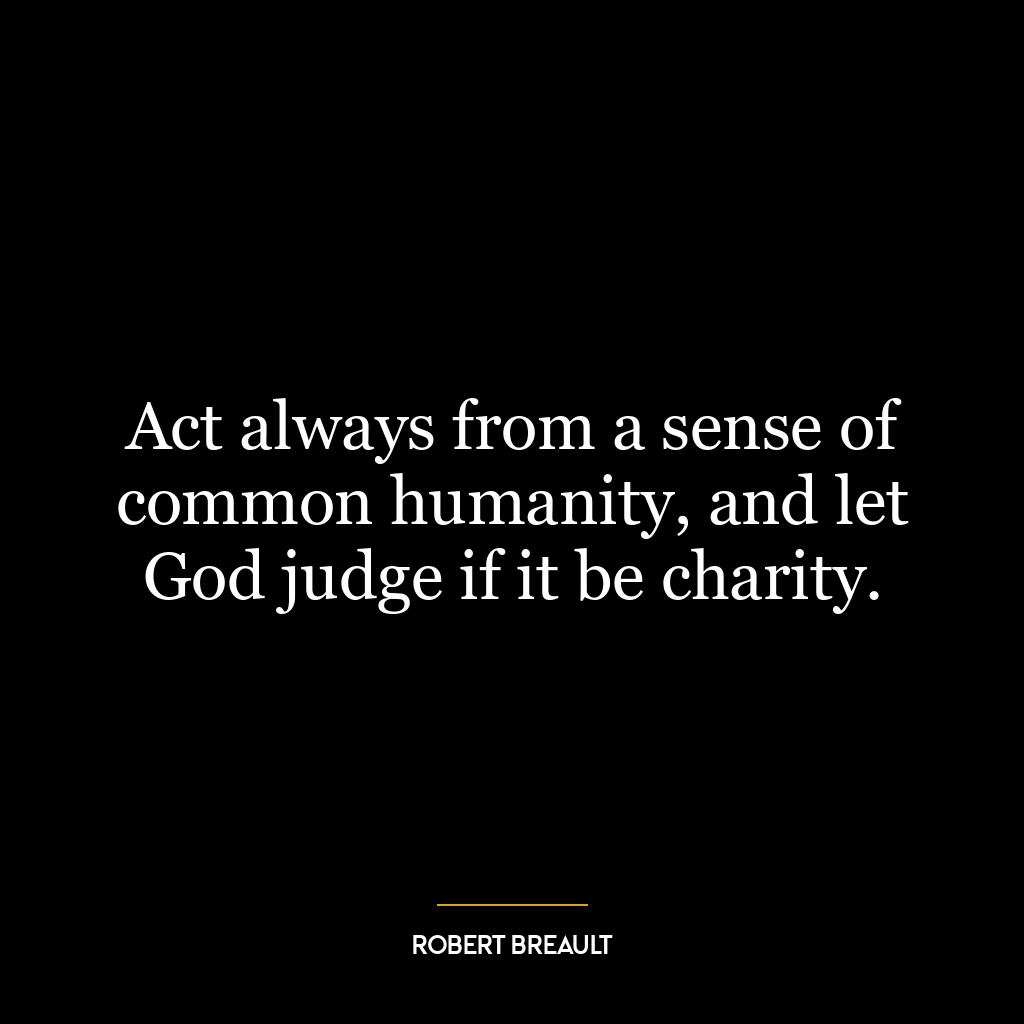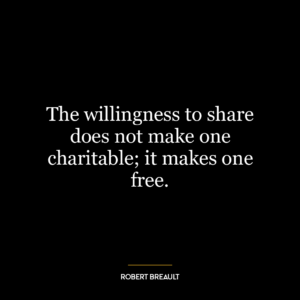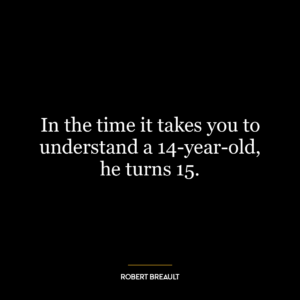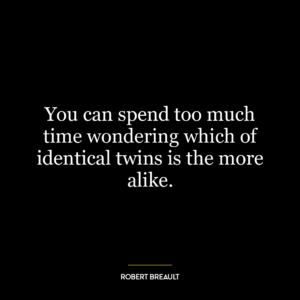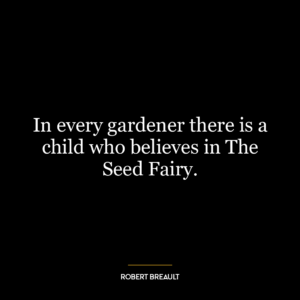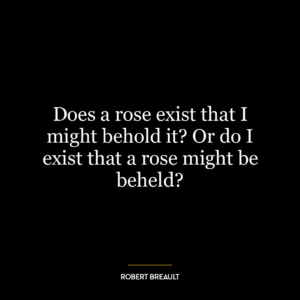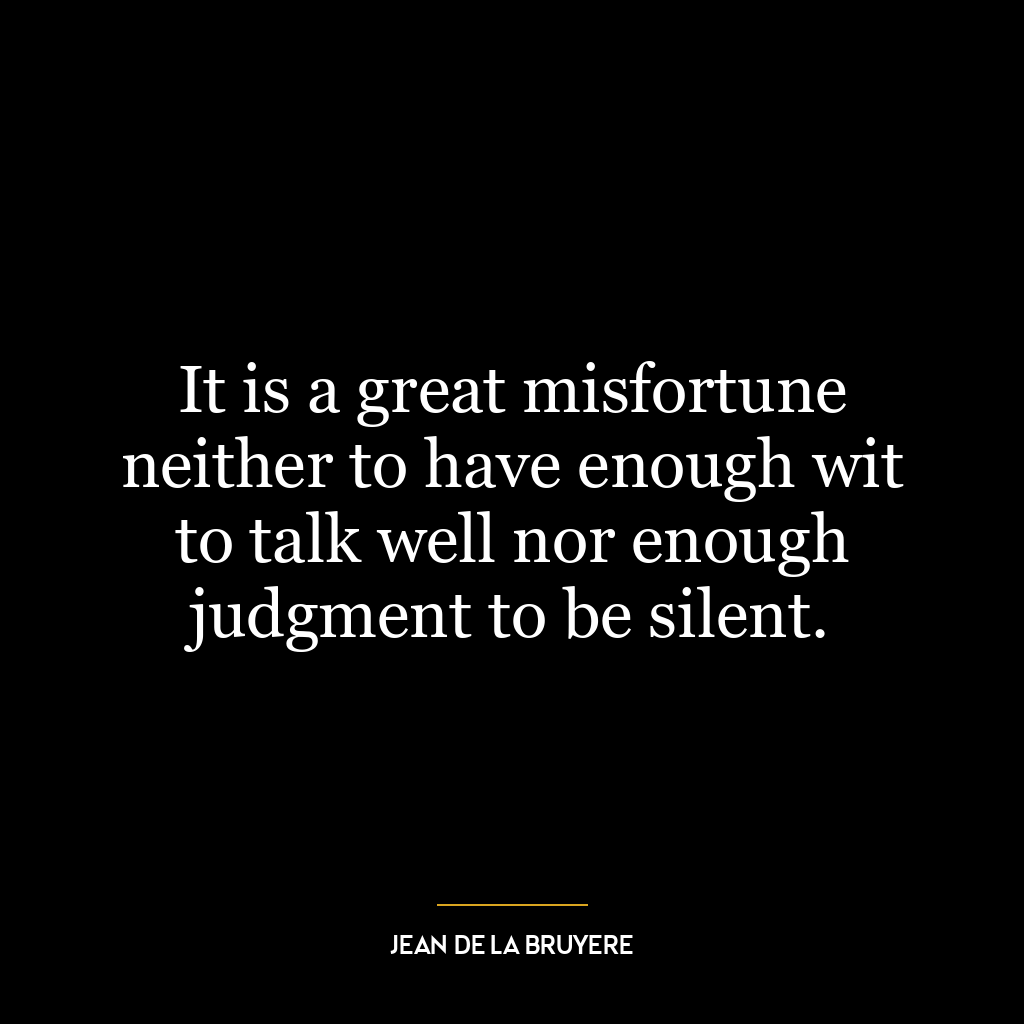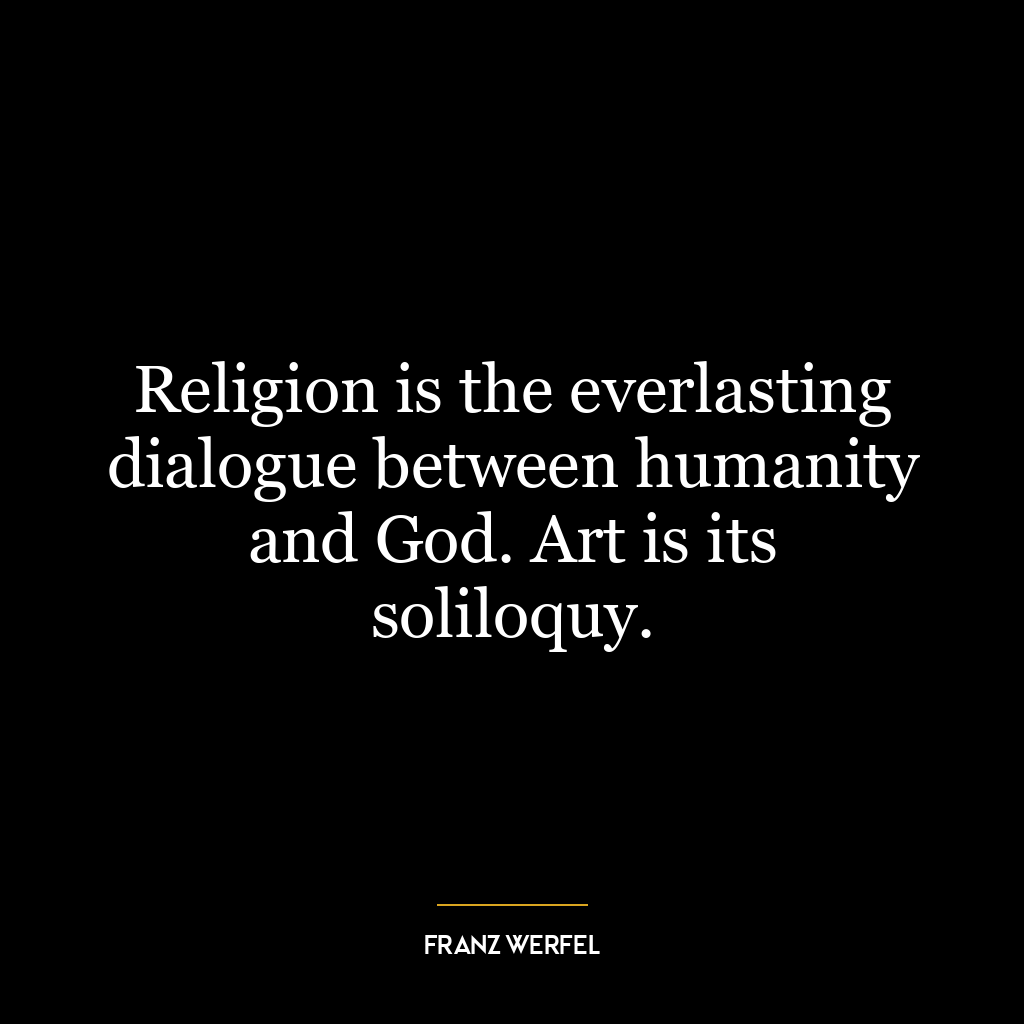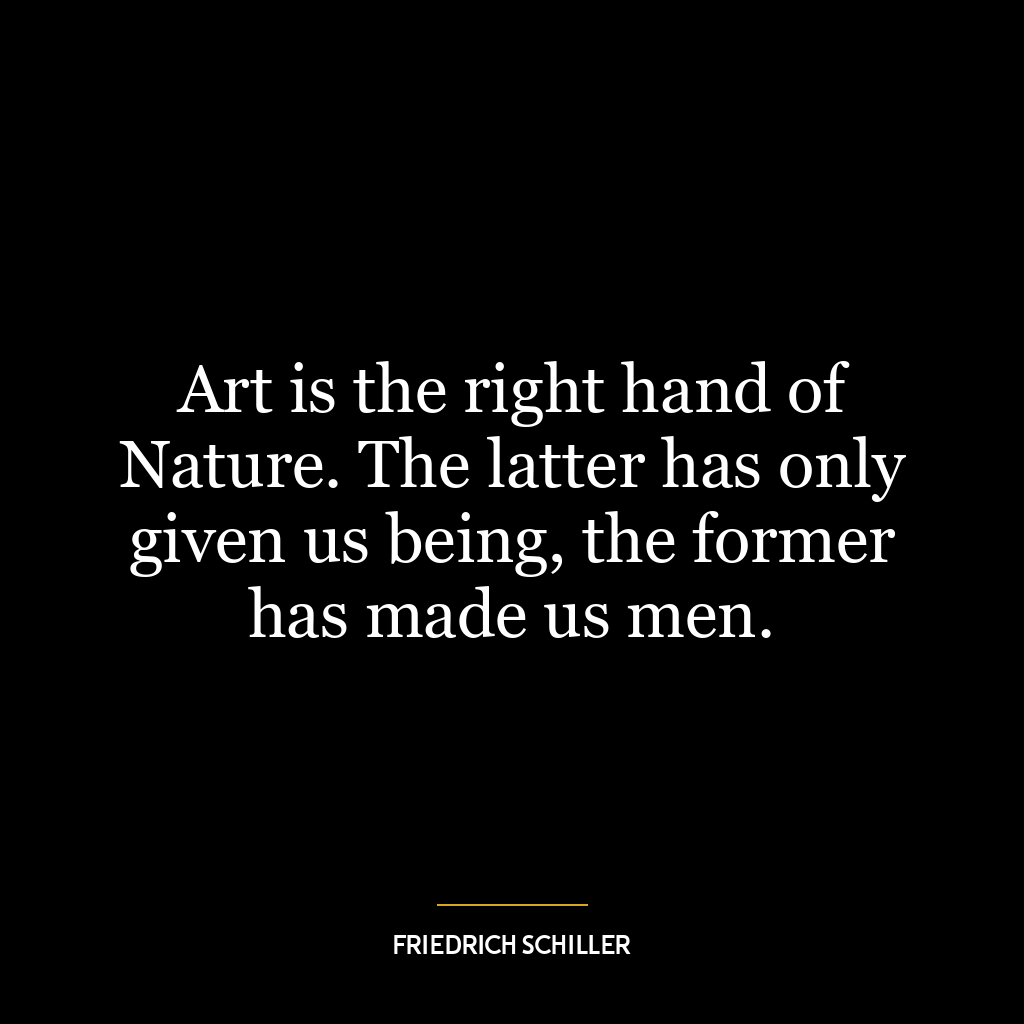Act always from a sense of common humanity, and let God judge if it be charity.
This quote is suggesting that our actions should always be guided by a sense of shared humanity, or the understanding and compassion we feel towards all human beings. it implies that we shouldn’t act out of an obligation to charity or because we are seeking moral superiority. Rather, our actions should be motivated by genuine care for others, without expecting anything in return.
The second part of the quote suggests that it’s not up to us to decide whether our actions are charitable or not. This judgement should be left to a higher power – in this case referred as God. this can also be interpreted more broadly as leaving the judgement up to the universe, fate, karma or whatever one believes in.
In today’s world, this quote could serve as a reminder against performative altruism – acts of charity done primarily for public recognition rather than out of genuine concern for others. It encourages us rather to focus on empathy and common humanity when interacting with others.
On a personal development level, it advocates for authenticity and sincerity in our actions. Rather than doing good deeds for external validation (like praise from others), we ought to do them because they align with our values and because we genuinely want to help others.
Moreover, it emphasizes humility and surrendering control over how our actions are perceived by others or how they might benefit us personally – suggesting instead that these judgements are best left up to something greater than ourselves.
Ultimately this quote encourages selflessness over selfishness; urging us not only consider what is best for ourselves but also what is best for all humans collectively before taking any action.

